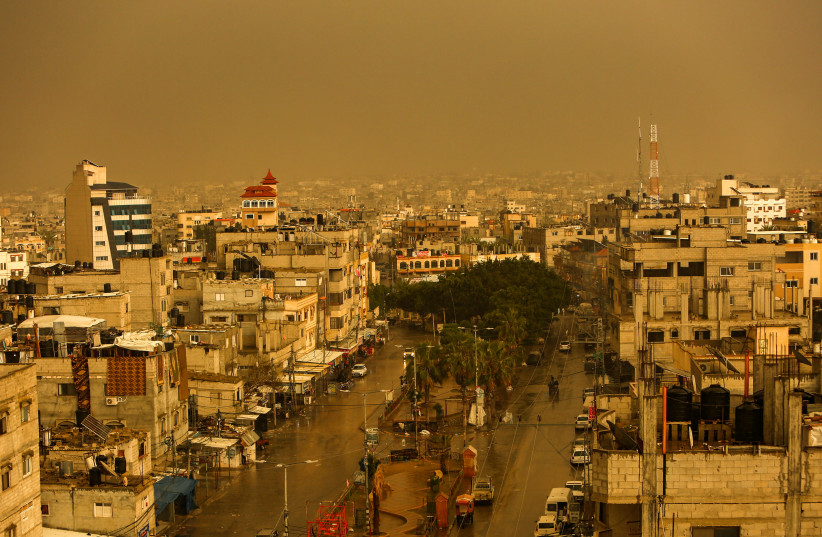A team of US orthopedic surgeons is visiting the Gaza Strip to perform a series of joint replacement operations and provide training to local doctors.
Khaled Saleh, president of the US-based non-profit Fajr Scientific, said the visit would help patients immobilized by joint problems and chronic pain, as well as those in wheelchairs or who use a cane to walk.
The five-day mission aimed to operate on 150 patients, train local surgeons, and donate $4 million worth of vital equipment.
"Our hope is to restore their function and in doing so restore their hope in the fact that they can be active members of their families and their society," Saleh said as he exited a surgery theater at the Nasser Hospital in southern Gaza.

Economic sanctions and years of blockade have weakened the economy of the Gaza Strip, controlled by the Islamist movement Hamas, and left major holes in the health system, with long waiting lists for orthopedic surgery.
What did the US visit do?
The visit by the US team, hosted by the Gaza health ministry, was aimed at building up the capability of local surgical teams, said Fajr Scientific chief executive Mosab Nasser.
"The purpose is not only to do the surgeries by themselves, as much as it is training and building the local capabilities so they will also be a help in doing more surgeries as we progress," he said.
Halima Abu Hayya, 57, said she had waited three years to get a knee joint replacement, because she couldn't afford expensive treatment outside Gaza, and the numbers on patient waiting lists at Gaza hospitals were huge.
"I am hopeful. They told me I would soon walk without pain and that I would not have to worry about losing my knee," the mother of four told Reuters a day after undergoing surgery.
